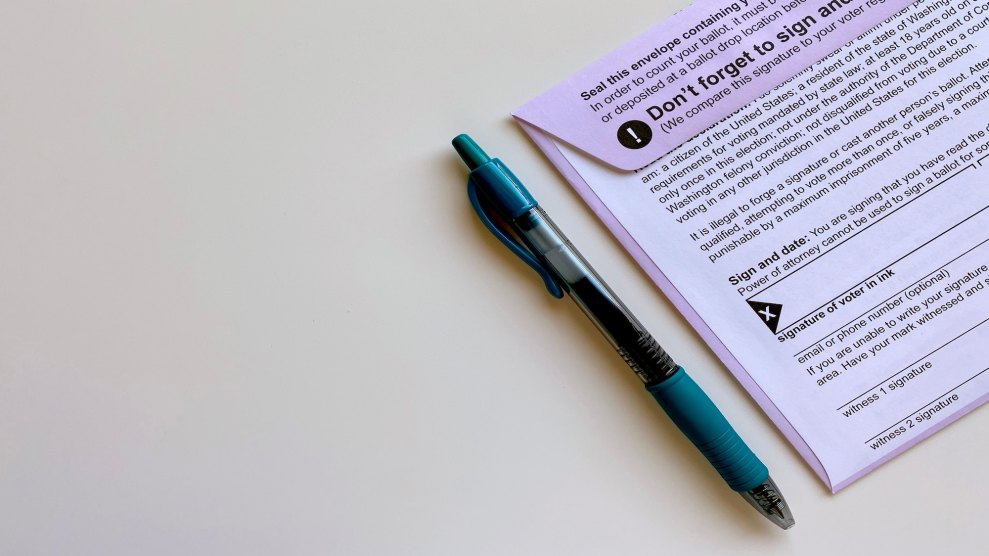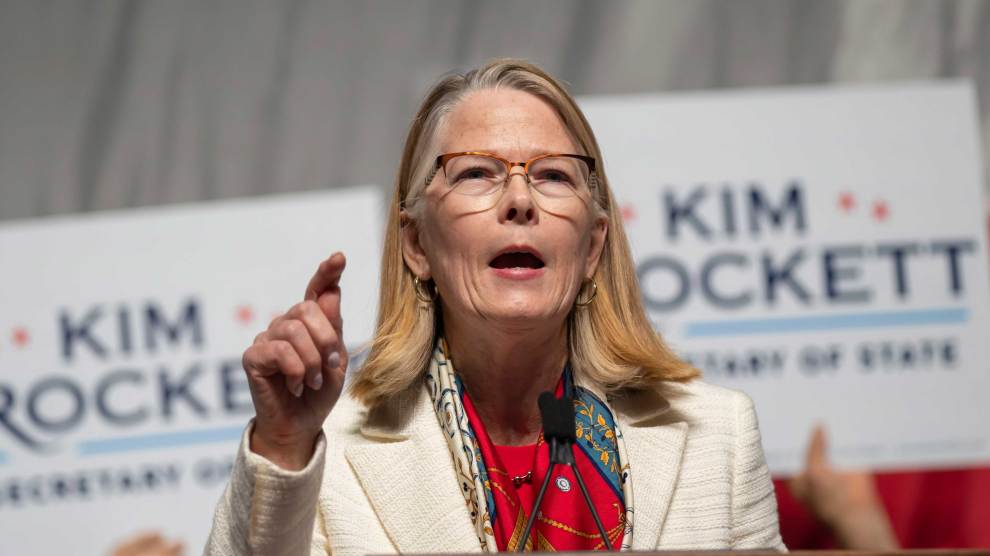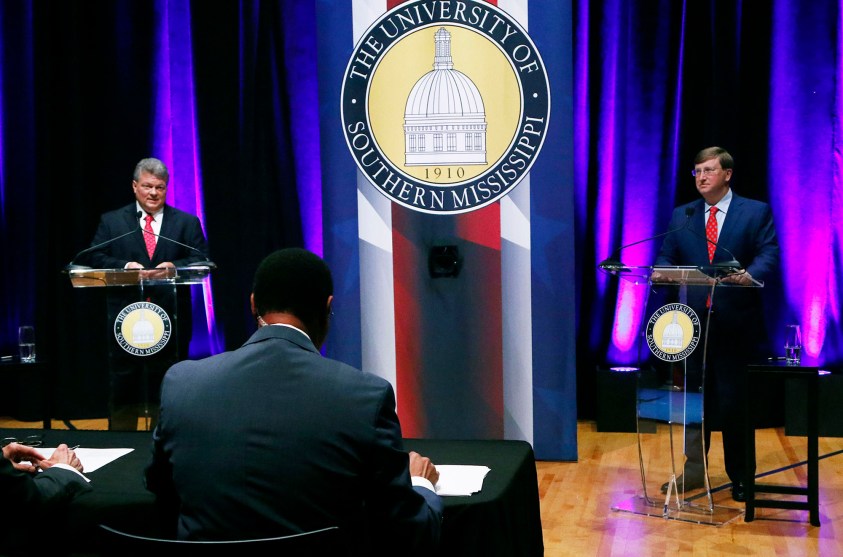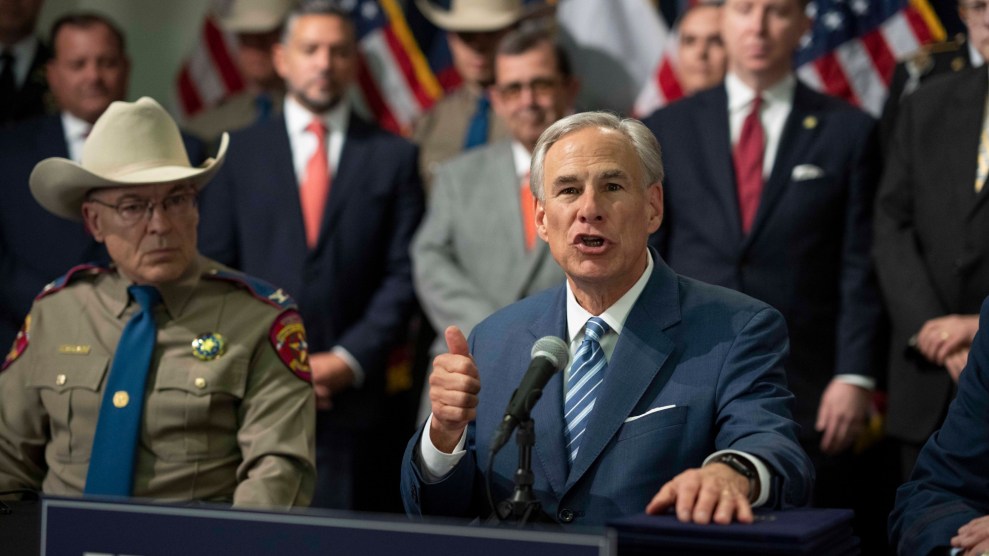
Tiffany Tertipes/Unsplash
This November, Mississippians will elect the next or reelect the current governor, but new restrictions on absentee ballots may restrict some disabled people from being able to vote.
On March 22, incumbent Gov. Tate Reeves, a Republican, approved Senate Bill 2358, under which only an election official, postal worker, family member, or caregiver can return an absentee ballot, instead of friends, neighbors, or volunteers for voter services groups—who would face fines and up to a year’s incarceration for doing so.
The restrictions go into effect July 1, and the primaries for positions such as governor or state senator will take place August 8.
Over two months after Reeves approved the bill, Disability Rights Mississippi, the League of Women Voters of Mississippi, and three Mississippi voters filed a federal lawsuit, claiming that the law restricts disabled Mississippians’ ability to receive assistance in voting.
“Voters—especially those with disabilities—depend on the assistance of community groups, friends, and neighbors,” said Peg Ciraldo, co-president of the League of Women Voters of Mississippi, in a statement. “Now these neighborly efforts are being criminalized, and Mississippi voters in need of assistance are being silenced.”
Disabled people across the United States have faced access issues with voting, with a study from U.S. Election Assistance Commission finding that around 11 percent of voters with disabilities encountered such obstacles in 2020. Absentee ballots, while they can be inaccessible to some disabled voters, such as Blind people, can help those who may face challenges with voting in person. This could include voting locations not having ramps, which are essential for wheelchair users.
According to the Southern Poverty Law Center, Mississippi “also lacks basic pro-voter programs such as early voting, no-excuse absentee voting, and online voter registration.” If someone potentially qualifies to vote through an absentee ballot, they still have to fill out an application with a county clerk or their deputy as witness.
Republicans who supported SB 2358 have largely argued that it protects the integrity of elections. However, there is no evidence that voting by mail is associated with electoral fraud.
Around one in three adults in the state lives with a disability, according to the Centers for Disease Control and Prevention, in comparison to one in four adults nationally. Many of these people may be relying on the support of their community, including when it comes to voting.
“Ensuring inclusive and accessible voting is the cornerstone of a thriving democracy,” said Greta Kemp Martin, the litigation director of Disability Rights Mississippi, in a statement.















